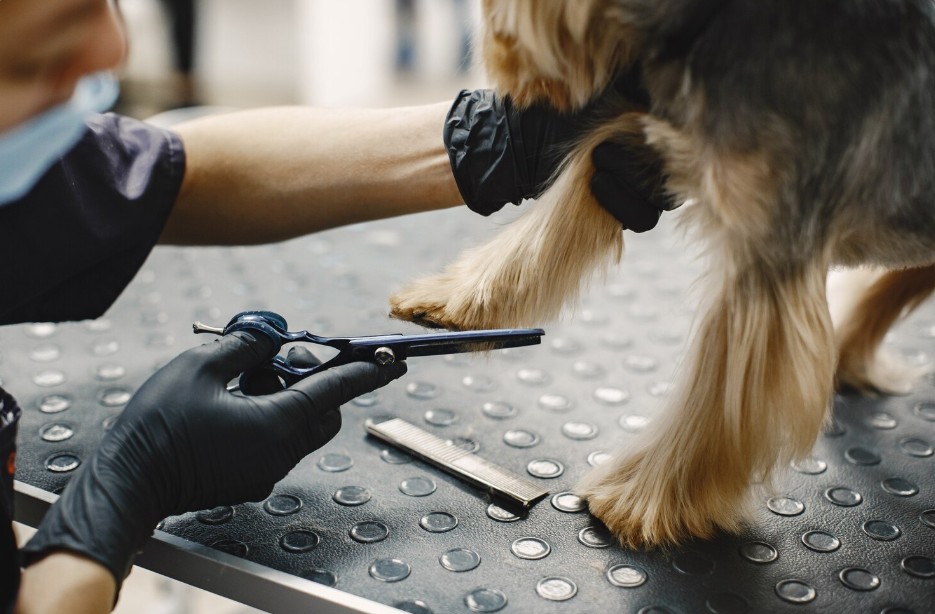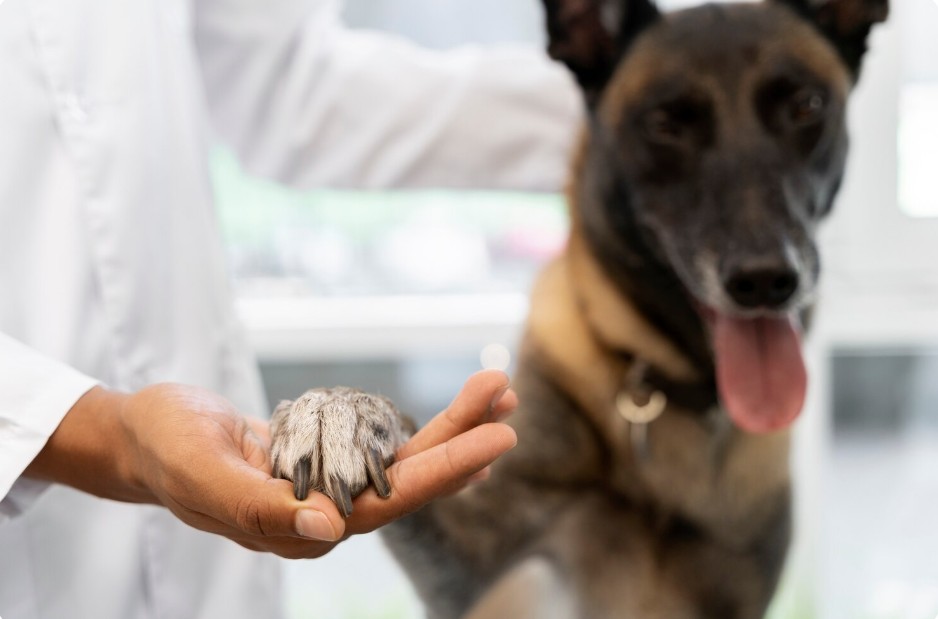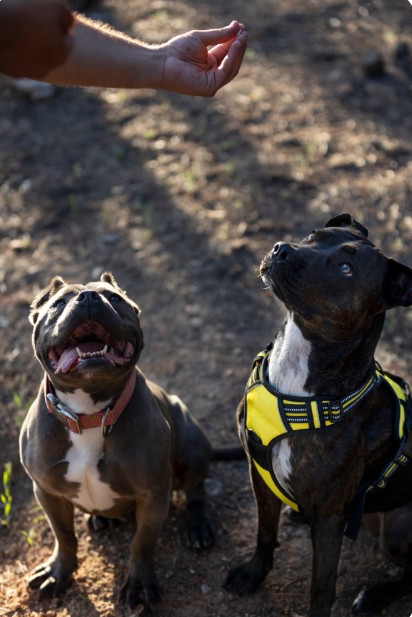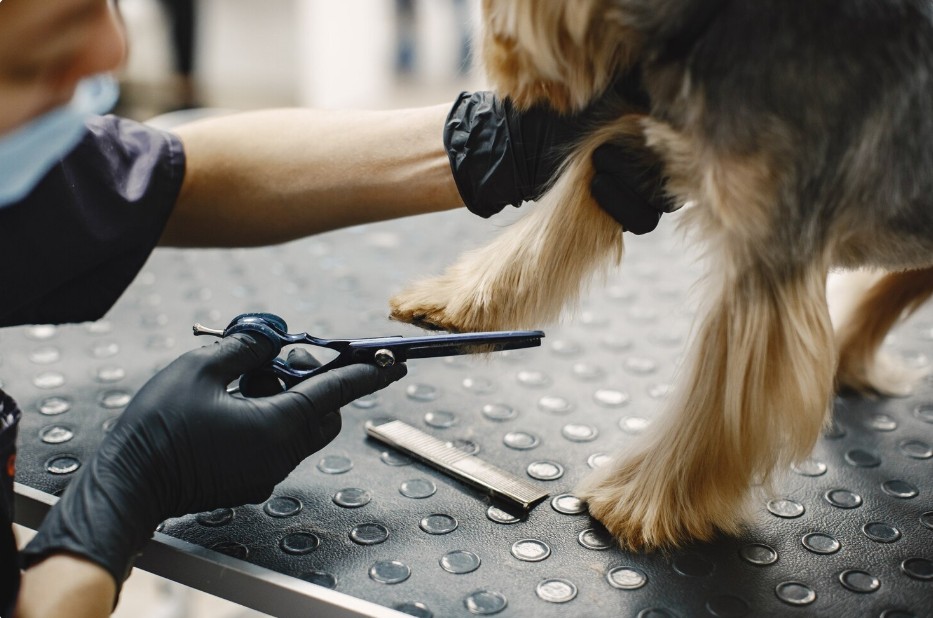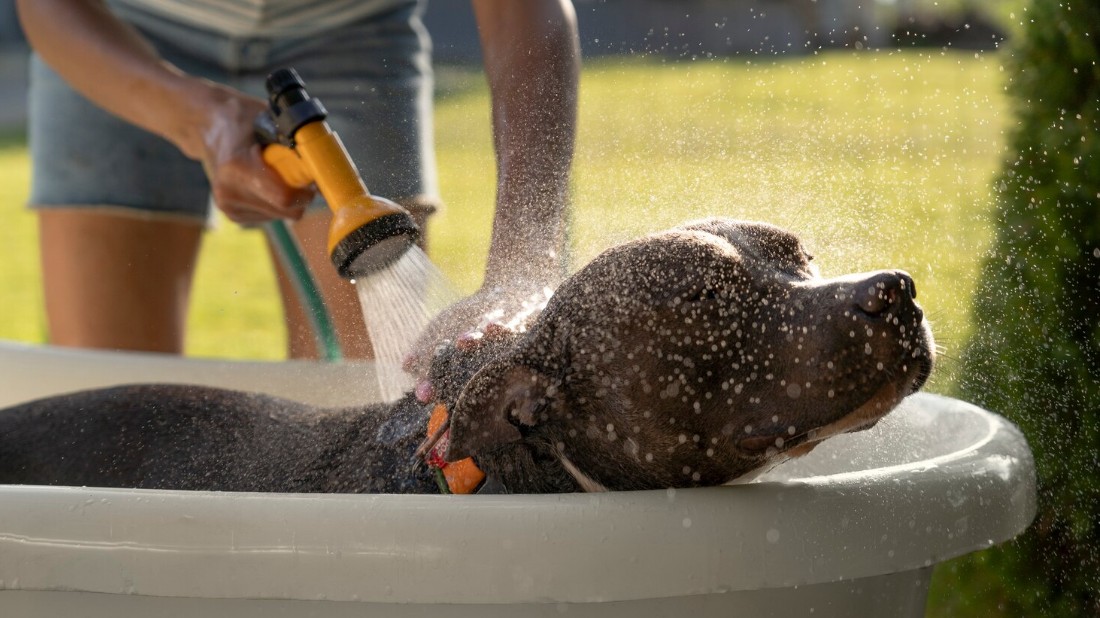Professional K9 training services play a vital role in enhancing the skills and abilities of our four-legged companions. These services offer a wide range of programs, from obedience training to personal protection canine training. However, like any industry, the professional K9 training world is not immune to criticism and complaints. In this blog, we'll delve into the world of professional K9 training complaints to understand the reasons behind them and the ways in which these issues can be addressed.
The Growing Popularity of K9 Training
K9 training has gained immense popularity over the years, driven by the desire of dog owners to ensure that their furry friends are well-behaved, obedient, and, in some cases, capable of providing personal protection. There are countless training centers and individual trainers offering a variety of services to meet the needs of pet owners and security-conscious individuals.
Types of K9 Training Services
- Obedience Training: This type of training focuses on fundamental commands, leash walking, and behavior correction. It's essential for building a strong bond between dogs and their owners, as well as ensuring a harmonious coexistence.
- Agility Training: Agility training is a fun way to challenge dogs both mentally and physically. It includes obstacle courses, jumps, and other exercises that improve a dog's coordination and overall health.
- Personal Protection Canine Training: This specialized training is designed to teach dogs how to protect their owners or a specific property. Personal protection K9s are trained to respond to threats and act accordingly.
- Service Dog Training: Service dogs are trained to assist individuals with disabilities. This includes guide dogs for the visually impaired, hearing dogs for the deaf, and dogs trained to help with various medical conditions.
- Search and Rescue Training: These K9s are trained to locate missing persons or to help in disaster relief efforts, such as finding survivors in collapsed buildings after an earthquake.
Professional K9 Training Complaints
While K9 training offers numerous benefits, it's essential to recognize that not all training programs and trainers are created equal. With the growing demand for these services, it's only natural that there will be a range of experiences and outcomes. Some dog owners may find themselves dissatisfied with the training they receive, leading to complaints about the process, results, or the trainers themselves.
Understanding Common Complaints
- Ineffective Training: One of the most common complaints in the professional K9 training industry is the perception that the training was ineffective. Dog owners may invest time and money into a program, only to find that their dogs do not respond as expected or continue to exhibit unwanted behaviors.
- Unrealistic Expectations: Complaints also arise when dog owners have unrealistic expectations about what K9 training can achieve. Some individuals anticipate that their pets will undergo a complete transformation, becoming perfectly obedient and capable of performing complex tasks within a short period.
- Communication Issues: Miscommunication between trainers and dog owners can lead to frustration and complaints. A lack of clear goals and expectations can result in a training program that doesn't align with what the owner wants for their dog.
- Behavioral Regression: In some cases, dogs that have undergone training may exhibit behavioral regression after returning home. Owners may perceive this as a failure of the training program.
- Excessive Costs: Cost-related complaints are not uncommon. Some owners may feel that the training services they receive do not justify the price they paid.
- Trainer Competence: Complaints about the competence of trainers can also arise. Owners may feel that the trainers lack the necessary skills or qualifications to effectively train their dogs.
Addressing K9 Training Complaints
It's important to acknowledge that not all complaints about professional K9 training are valid, as individual experiences and expectations can vary greatly. However, addressing these concerns in a professional and constructive manner is essential for maintaining the integrity of the K9 training industry.
Here are some steps that trainers and owners can take to address and potentially prevent professional K9 training complaints:
- Effective Communication: Establishing clear lines of communication between trainers and owners is crucial. Trainers should take the time to understand the owner's goals and expectations, while owners should be open to receiving guidance and feedback.
- Realistic Expectations: Trainers should set realistic expectations with dog owners. While K9 training can achieve remarkable results, it's important to remind clients that no dog is perfect, and ongoing reinforcement is often required.
- Transparency: Trainers should be transparent about their methods, qualifications, and pricing. Being upfront about what a training program can and cannot achieve can prevent misunderstandings.
- Continued Support: Offering post-training support is a proactive way to address behavioral regression and ensure that the dog's progress is maintained. Trainers can provide guidance to owners as they continue to work with their dogs.
- Certification and Qualifications: To address competence concerns, trainers should invest in certifications and training programs to enhance their skills. Owners should also do their due diligence when choosing a trainer, checking their qualifications and experience.
- Feedback Mechanisms: Trainers can implement feedback mechanisms for clients to express their concerns during and after the training process. This enables issues to be addressed promptly and effectively.
- Adjustable Programs: Some dogs may require tailored training programs to address specific needs. Trainers should be willing to adjust their training methods as necessary.
Bottom Line!!
K9 training services are essential for dog owners looking to enhance their pets' behavior and skills. However, professional K9 training complaints are not uncommon, and they can arise for various reasons, including ineffective training, unrealistic expectations, and communication issues.
Addressing these complaints requires effective communication, transparency, and a commitment to setting realistic expectations. Trainers must be willing to adjust their methods, provide continued support, and invest in their qualifications to ensure the best possible outcomes for their clients.
Ultimately, the goal of K9 training is to create happy, well-behaved, and well-trained dogs, whether they are personal protection K9s or beloved family pets. By understanding and addressing professional K9 training complaints, the industry can continue to evolve and meet the needs of dog owners while maintaining the highest standards of professionalism and effectiveness.

